Fire the Winchester
A Winchester ruined in a fire needed to be opened efficiently and quickly.
By Bryan Kruysman, CML
Some smells in our trade are worse than others. When you get a call for a safe opening after a fire, it will be bad. I am in central Florida, so it’s hot and humid, and that tends to amplify the smell. What are those odors? Burned rubber, plastic and meat; water-soaked molded and mildewed items; soot and ash; and rotting meat. All this and more combine to make a soup of smells that is sure to offend your olfactory senses.
The Winchester factory was paying for the job on this safe, and they wanted it opened as efficiently as possible. “Efficiently” means with as little cost as possible. The bottom line was that this safe was toast (bad pun?) and was not going to be repaired, so open it and get out. They supplied a drill point for the solenoid, and that’s what they wanted me to do: Drill it, swing the door, and let the owner see if his contents were protected.
Other things to deal with on a fire job are all the booby traps and landmines. Okay, maybe not that bad but one mis-step and you can have a nail in your foot or rip a nasty cut on your leg. I think an infection would be easy to get in this petri dish of bacteria. Can you say septic?
If I can make a recommendation, wear long pants and a long shirt. It will help protect you. Yes, it’s hot, but hot is better than hospital or dead. My only mishap was an overturned cart. My drill index opened up and bits went all over — never did find all of them.
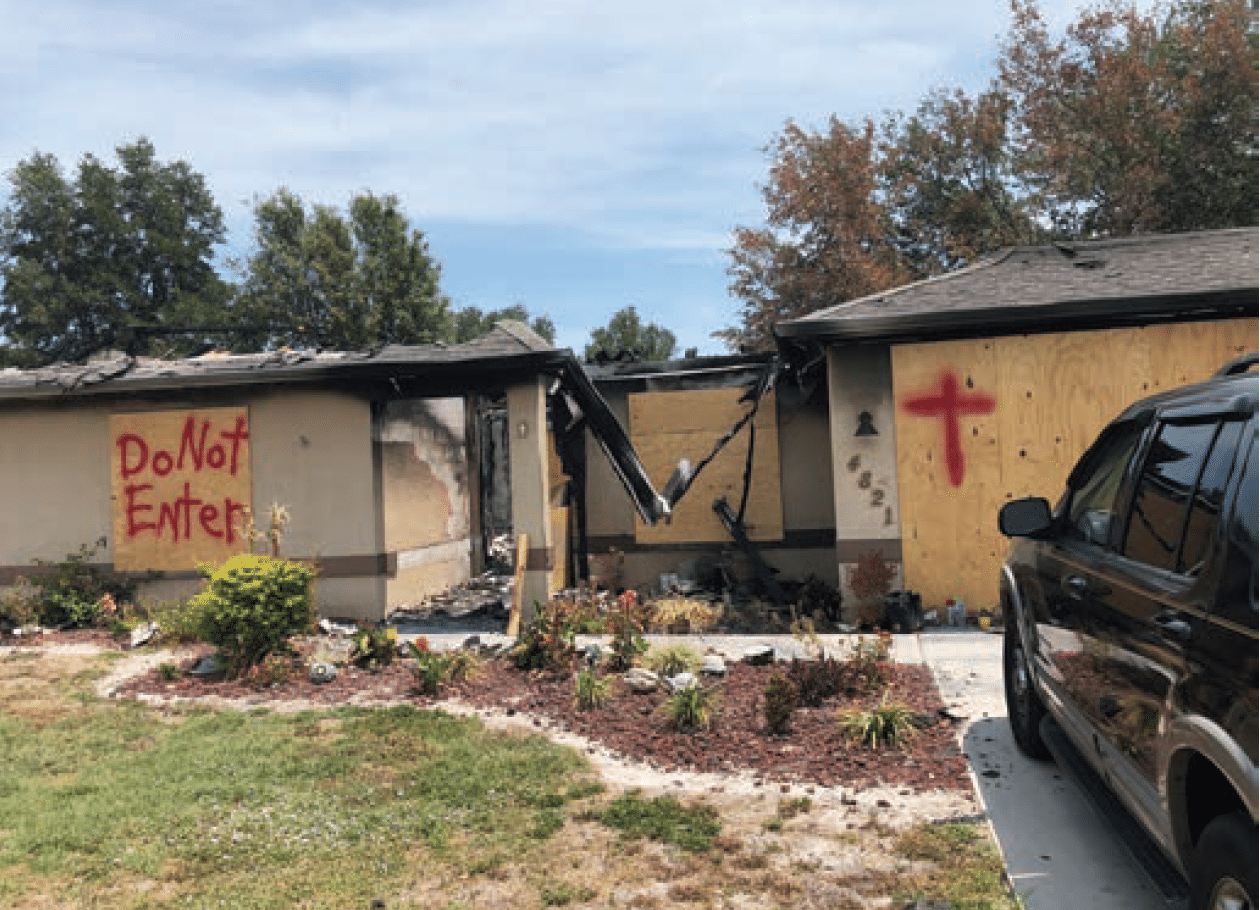
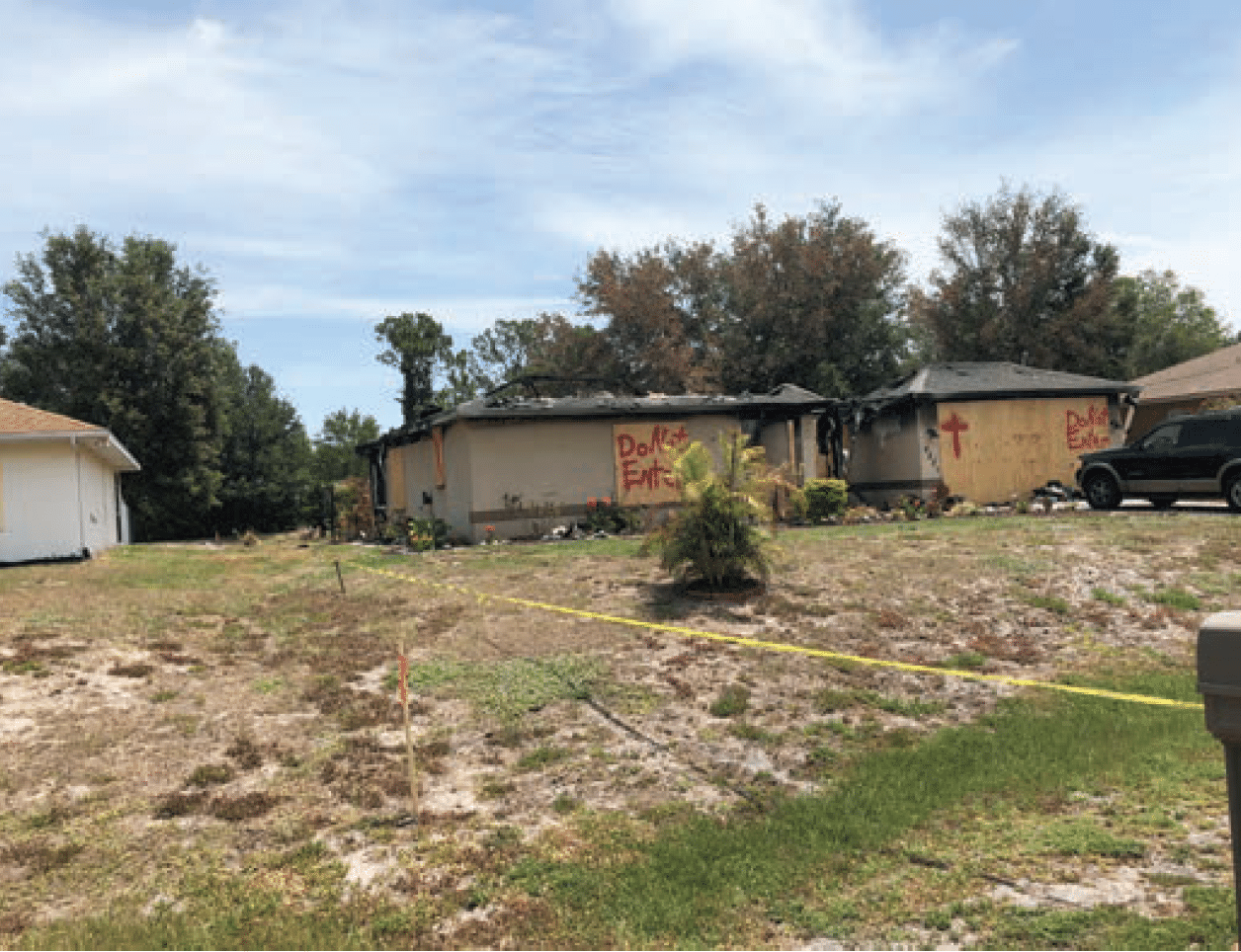
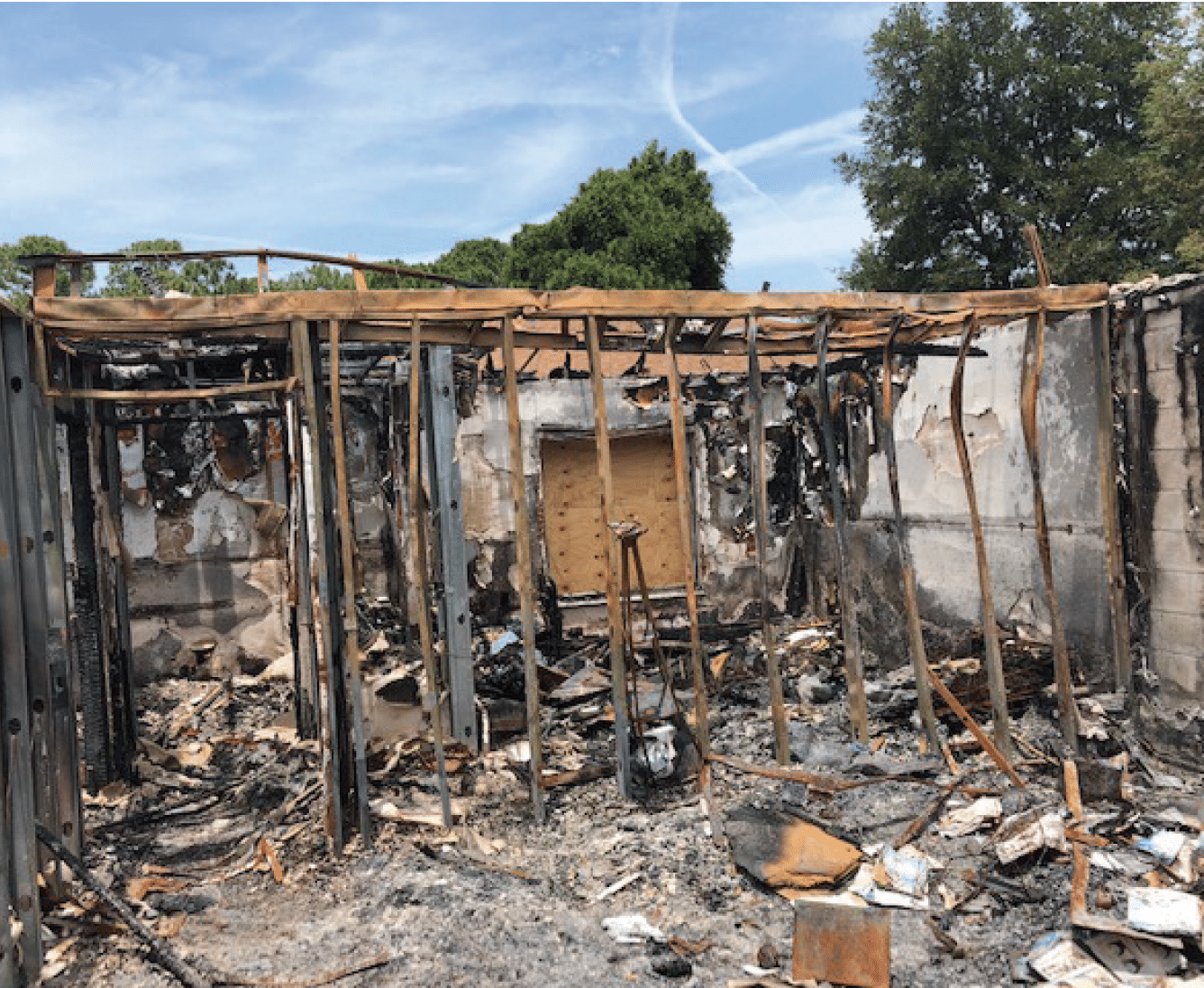
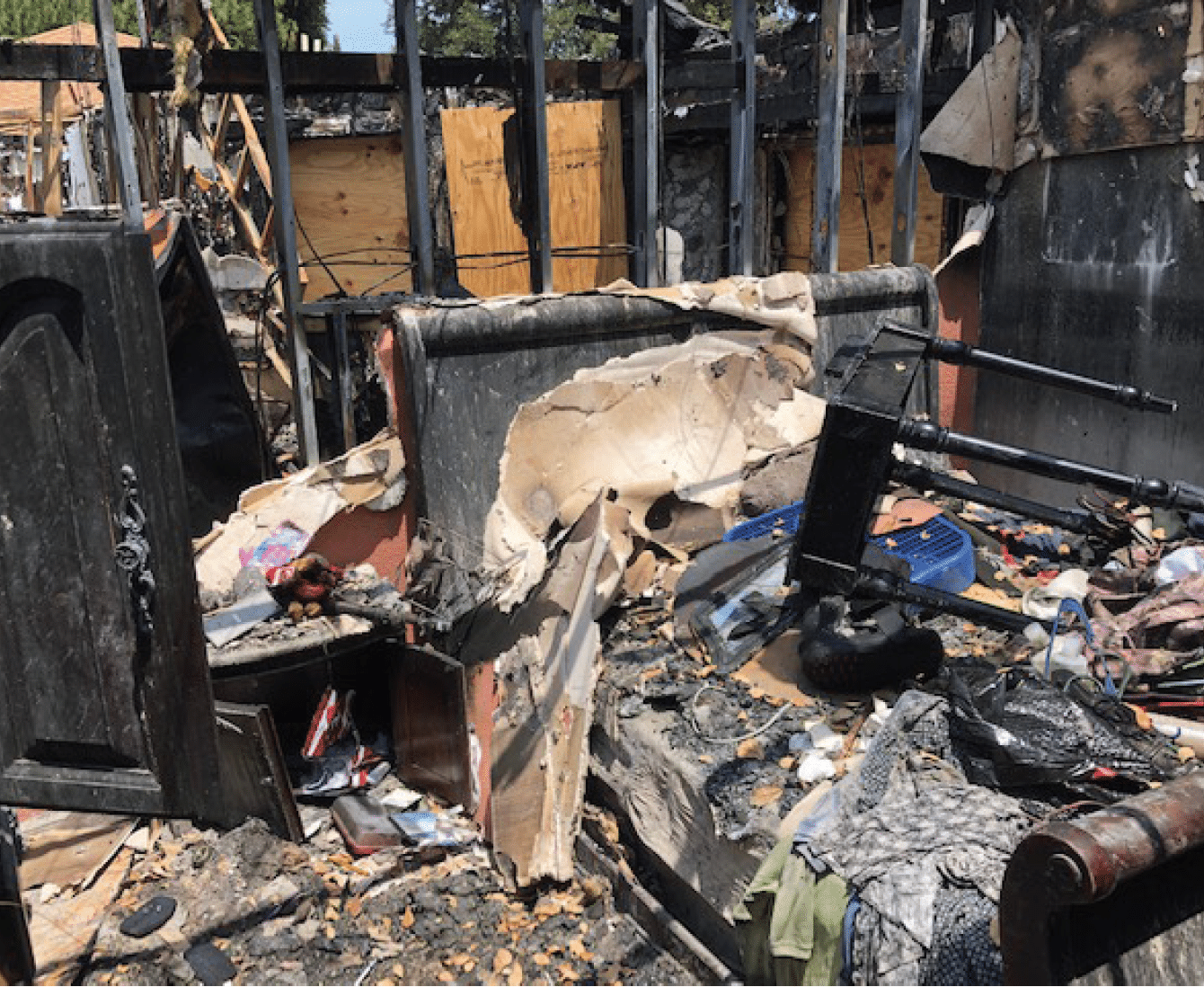
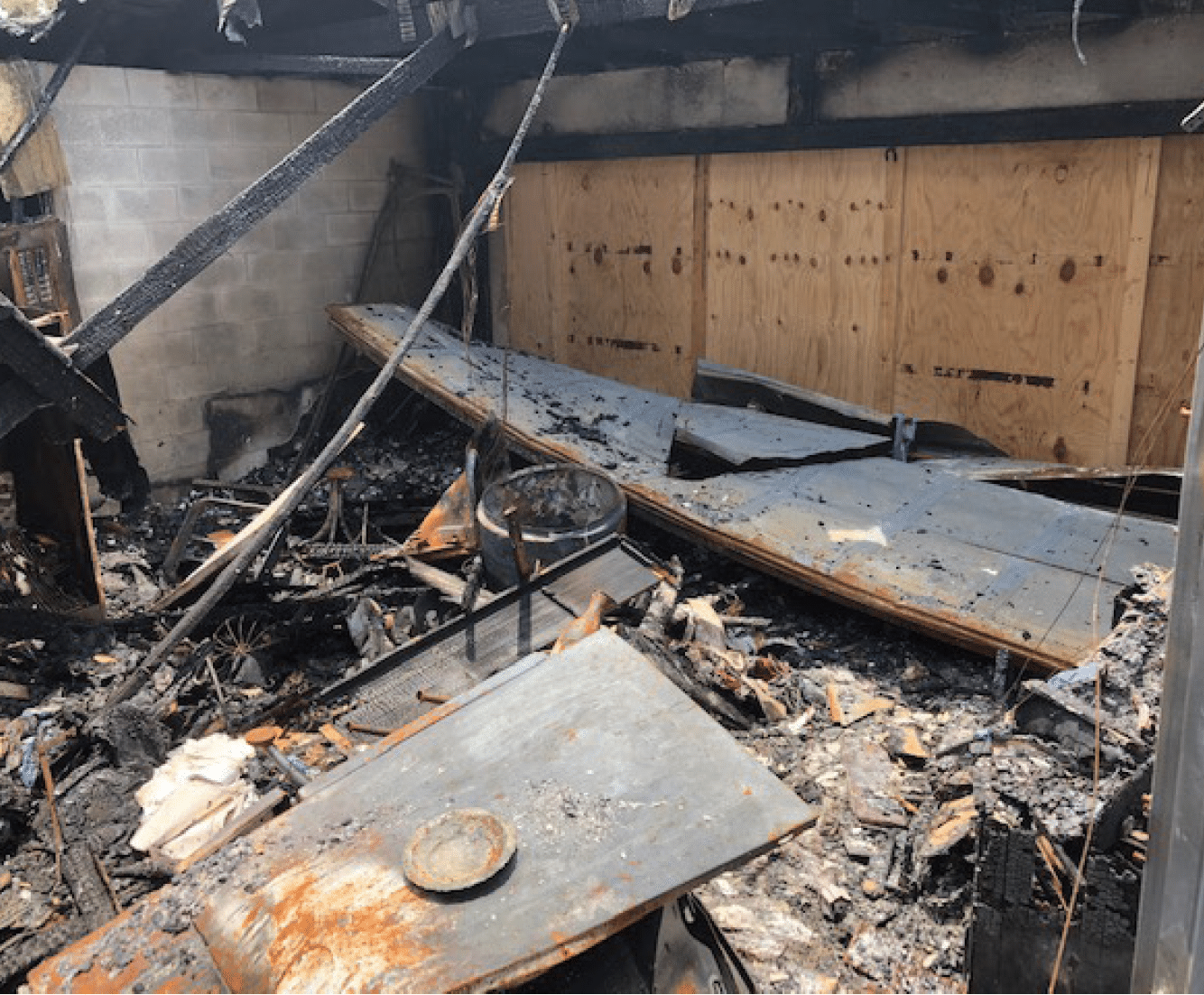
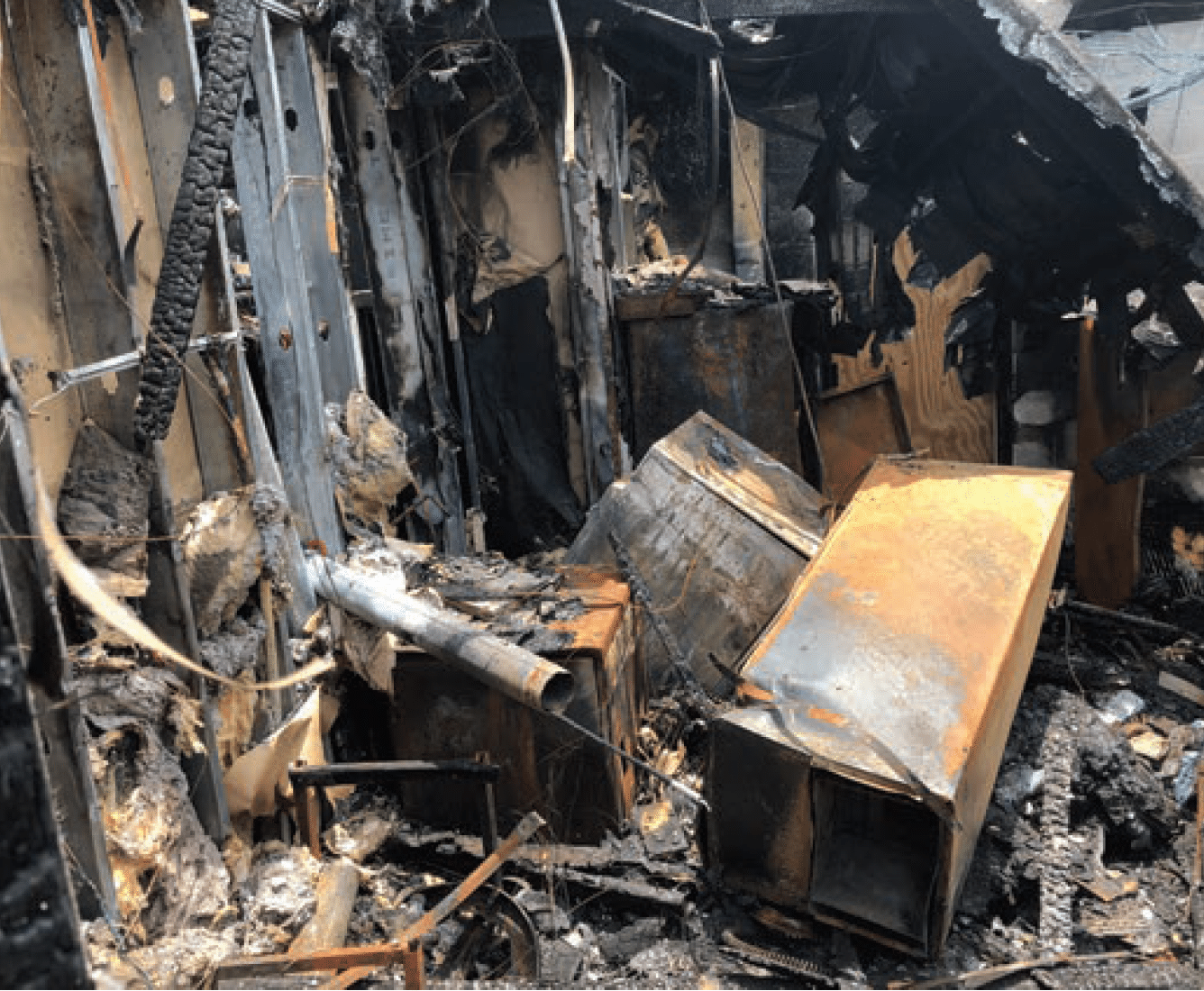
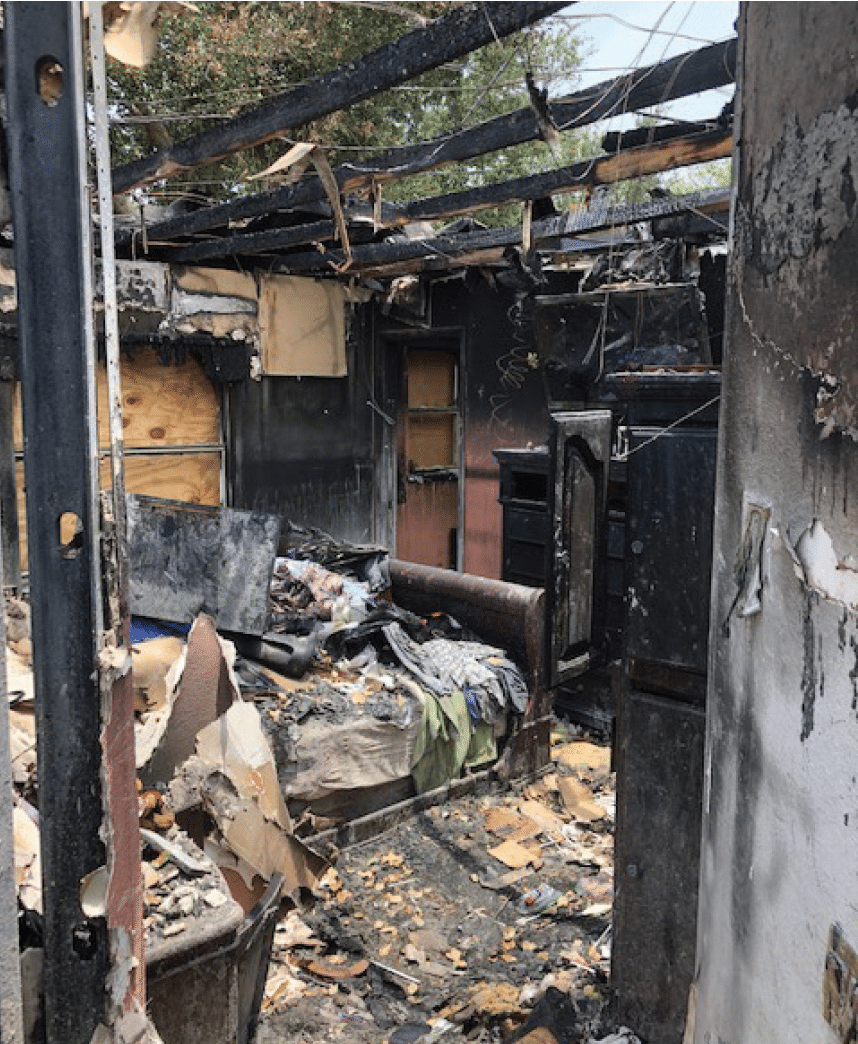
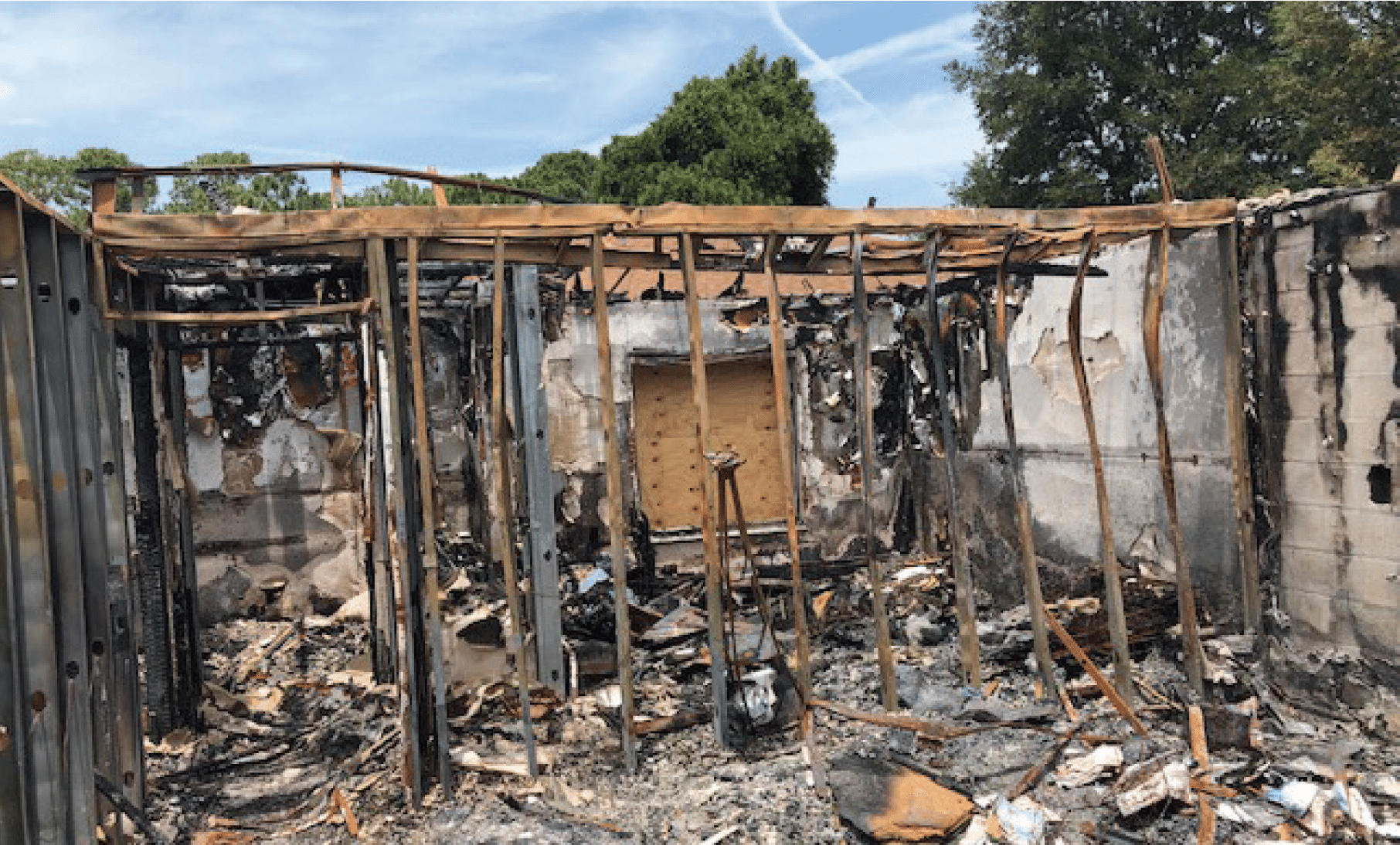
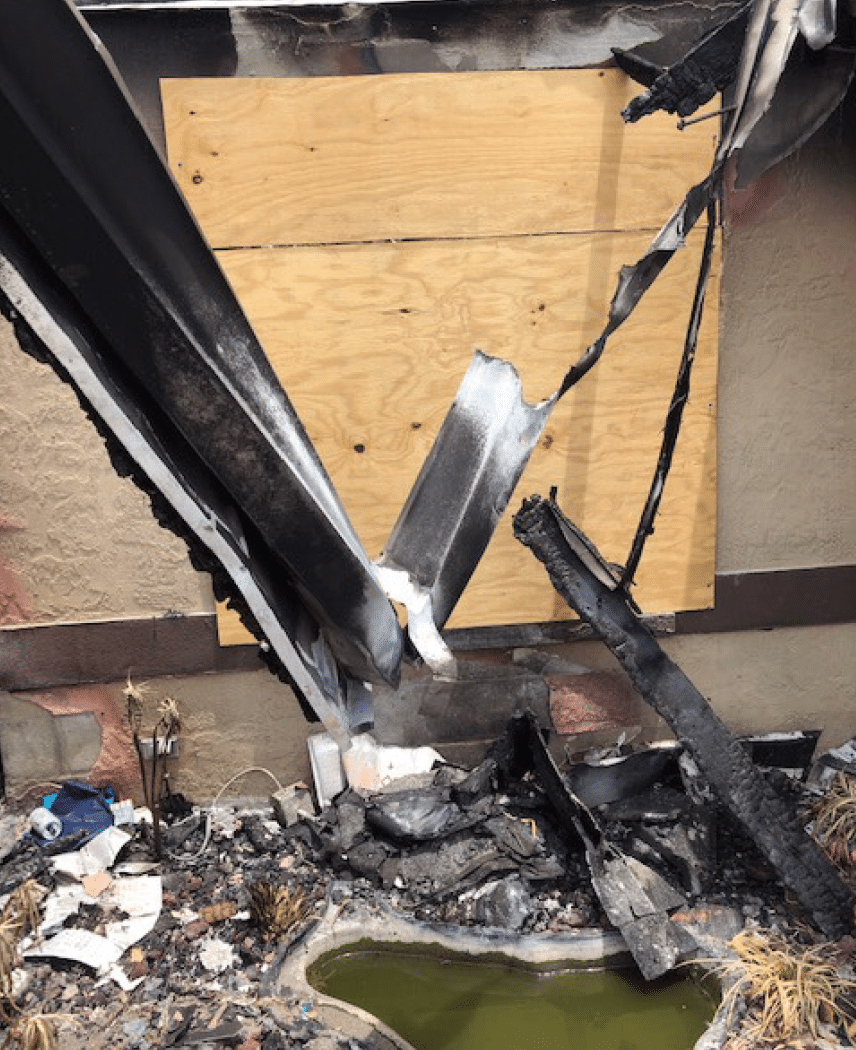
On the Job
All the things that you take for granted on most openings were missing: air conditioning, power, a clean work area and lighting. The lighting was actually too bright (direct sunlight can put a glare on the subject).
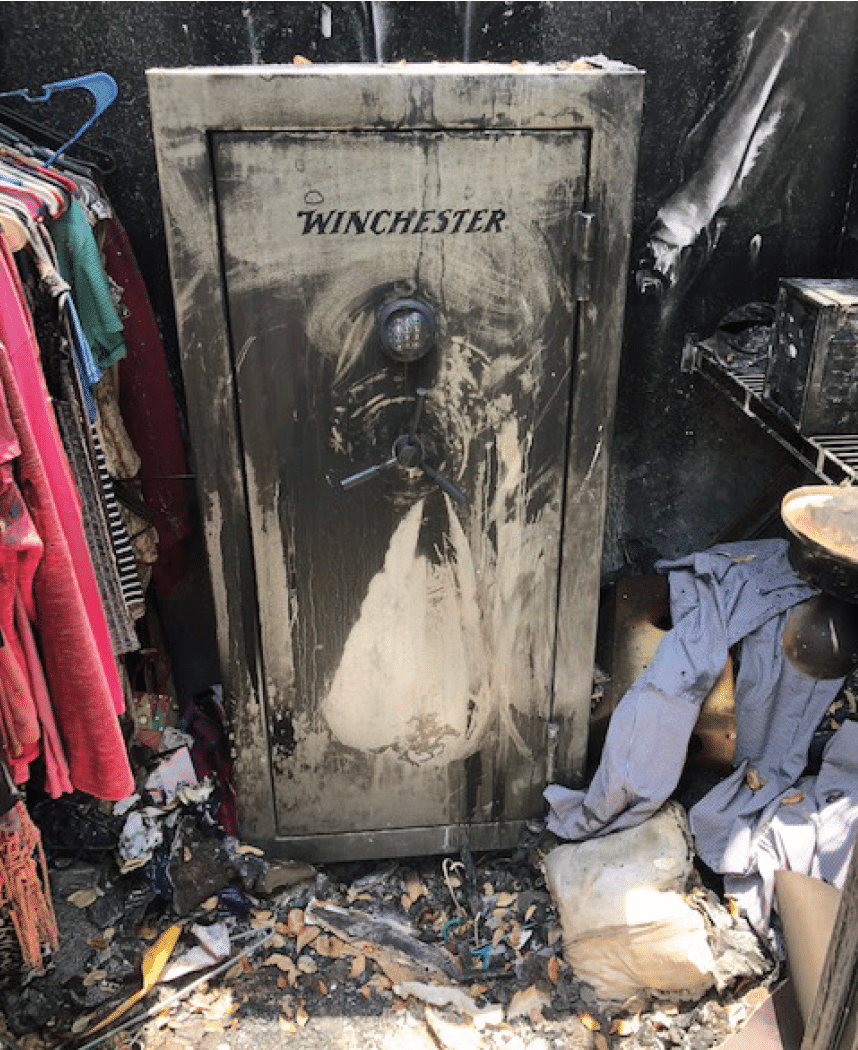
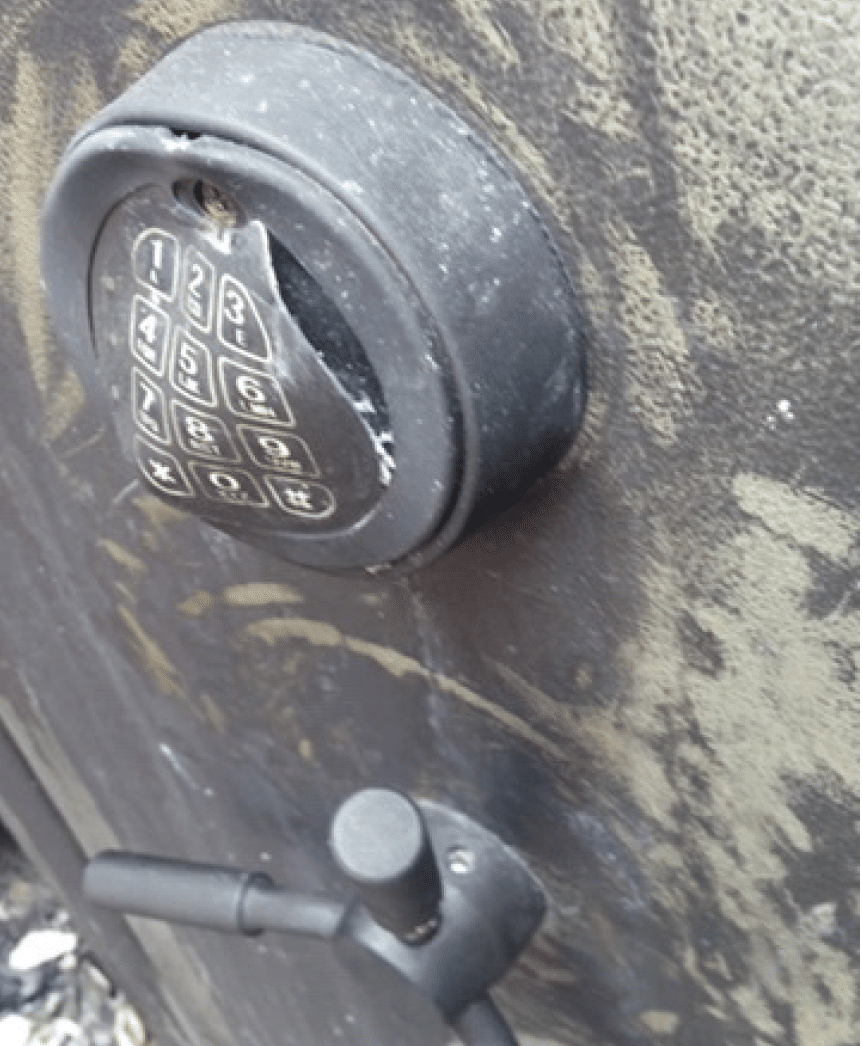
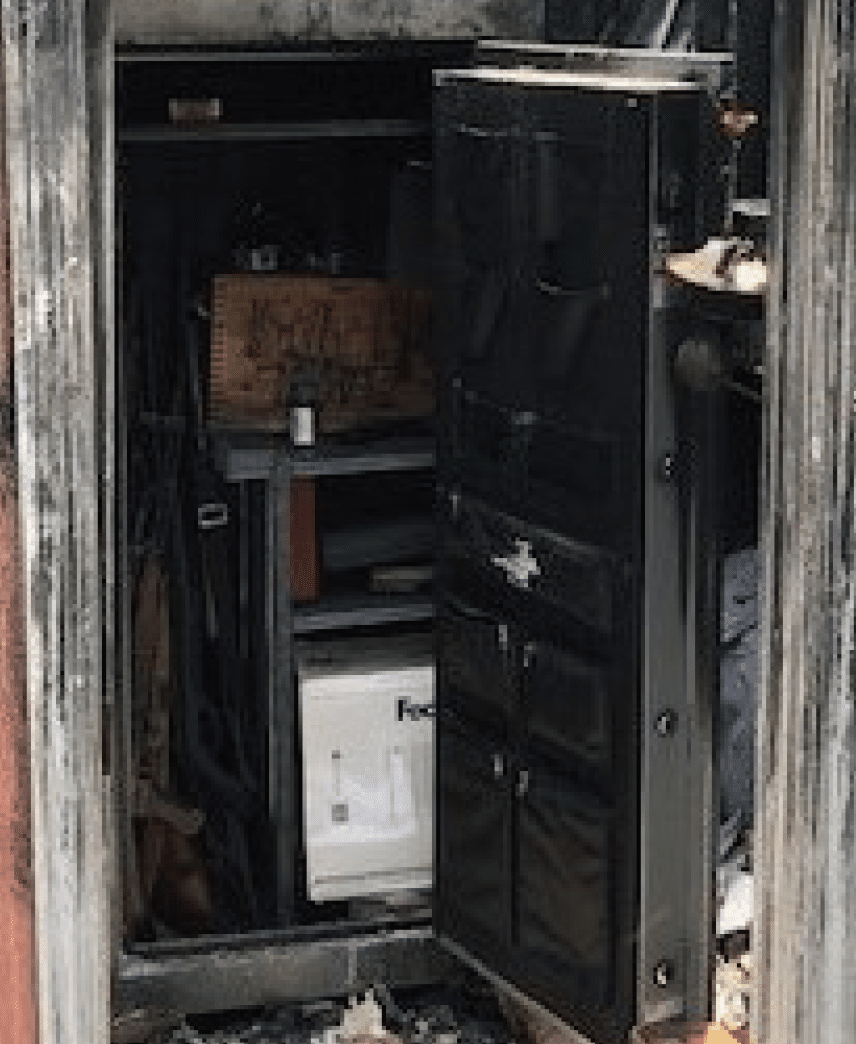
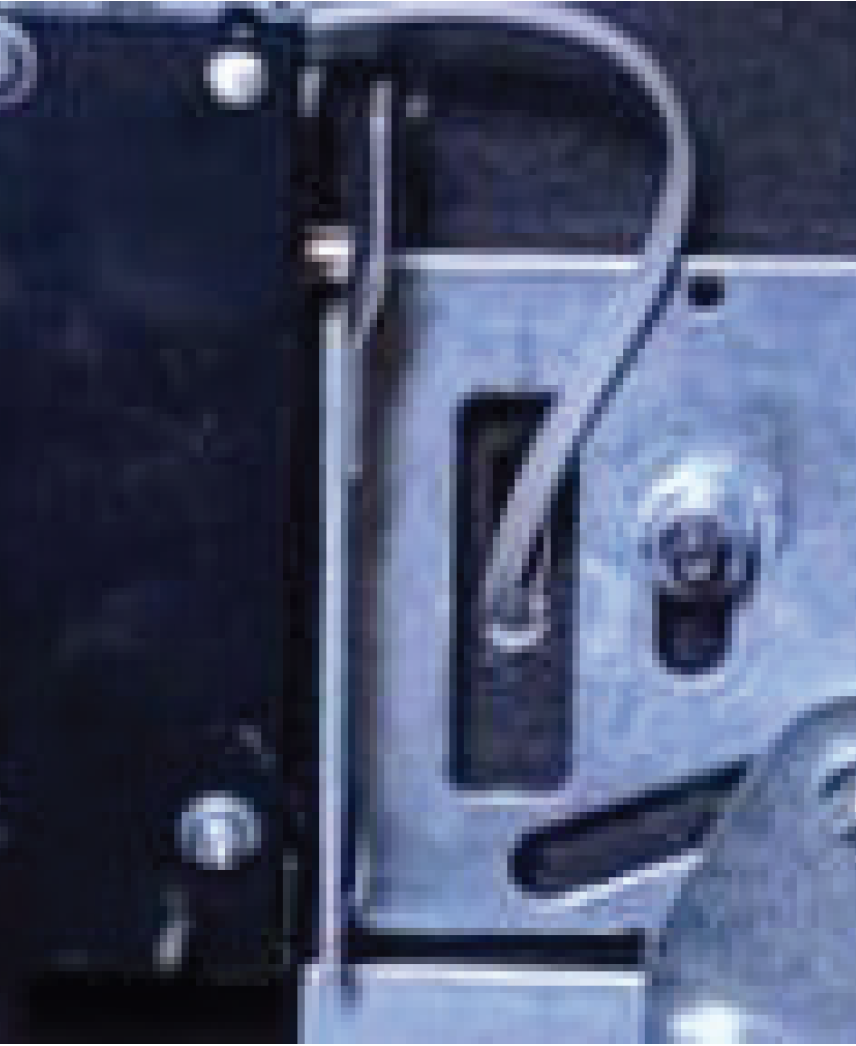
Drilling and opening went pretty much as the manufacturer had described, with the worst issue being the direct sunlight. I suppose I could have put a tarp over the area, but did not think of it at the time.
The fire had started on the other side of the house, so the damage was much worse there. If the fire had started on the same side as the safe, I suspect the outcome would have been much different, but the contents where perfect. The owner of the house and safe was crying as he removed the contents, which were pretty much all that had left. He told me that on the night of the fire, they were attending a funeral in Ohio for his grandfather. I am usually appropriate with my responses but could not think of anything to say to make him feel better, so I just kept my mouth shut.
The fire had started in the attic and was electrical in nature, but they did not share exact cause. I walked away with a renewed since of selling fire protection on safes. Watching this guy get a small part of his life back was profound for me.
Whenever a customer comes in to buy a safe, I talk up the benefits of fire protection. I hope you will too. It’s easy to think that it will be someone else who will be affected by a fire, until it happens to you. It’s our job — no, our duty — to inform people, as we are the experts. It’s one thing that separates us from the big box retailers. I see gun safes going downhill these days, made with cheaper materials and poor construction. I am not sure what the bottom of the hill is like, but I won’t go there. Sell a product you know will do the job. I did not sell this unit to this guy, nor do I sell Winchester, but it was good to see that the company stood behind their product. They paid me and were going to send the guy a new unit as soon as he has a place to put it.
